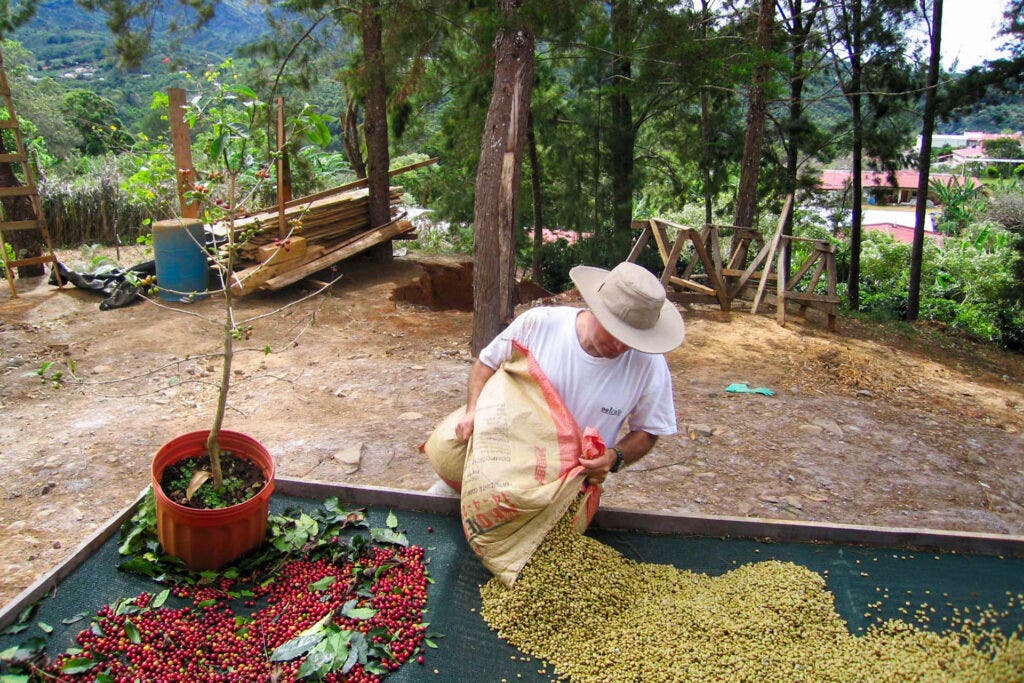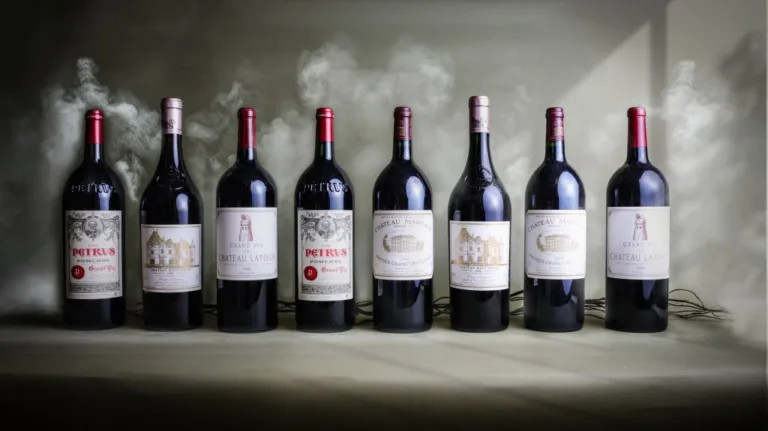When we talk about coffee beans grown in volcanic soil, we conjure an entire set of almost primordial growing conditions: mineral-rich, rocky terrain set at high altitude, the peak shrouded in mist and regular heavy rainfall. Beans grown in far-flung places where you half expect to see King Kong peeking out from behind a craggy rock formation have long been prized. Legacy volcanic regions, such as Kona and Jamaica Blue Mountain, are well-known, but areas from Costa Rica to Indonesia also produce highly sought-after coffee grown on high hillsides of volcanos.
Atlanta-based Volcanica Coffee Company, founded in 2004 by Maurice Contreras (now joined by his son Aaron), imports beans from 40 different countries around the world, focusing on volcanic soil. The elder Contreras learned about quality coffee beans while visiting his native Costa Rica and discovering the coffee grown on Arenal Volcano—“our home volcano,” as Aaron calls it.
You May Also Like: The Prehistoric Roots of Volcanic Terroir
Horge Pouring green coffee beans / Image Courtesy of Volcanica Coffee Company
They bring in green “beans” (not actually a bean at all, but the pip or seed of the fruit) that have been processed on-site by the growers. Though soil type affects the size and character of the beans, the processing has more obvious effects on the overall taste—washed, natural and fermented are the main processing methods, with anaerobic (similar to carbonic maceration) being a rarer one. All are methods of getting the cherry fruit off the
This Article was originally published on Wine Enthusiast






